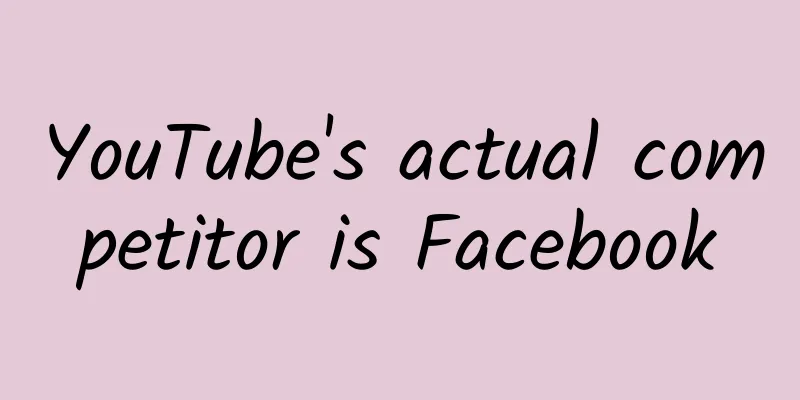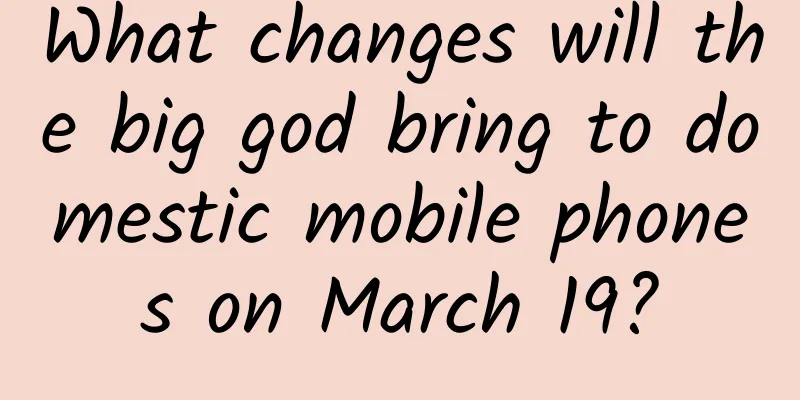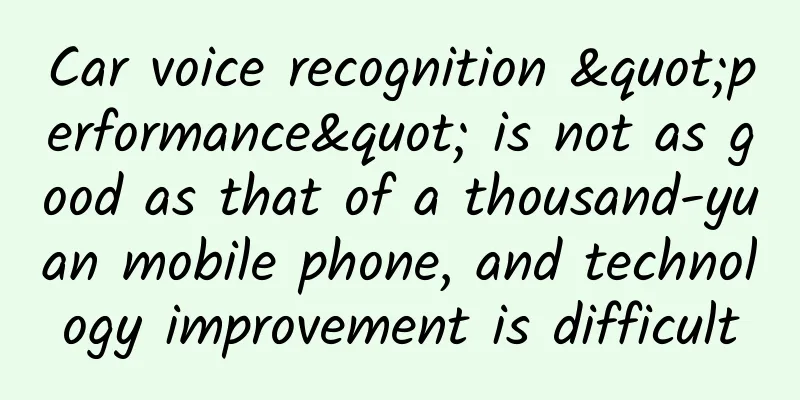YouTube's actual competitor is Facebook

|
Facebook said in its earnings report this week that video views on its site are now reaching 4 billion per day. Six months ago, the number was 1 billion. As my colleague Kurt Wagner puts it, “Going from 1 billion daily views to 4 billion in just six months is one of the reasons people are looking at Facebook as a de facto competitor to YouTube.” Is there more data to support the above statement? Let's take a look at the playback data of the National Hockey League (NHL) playoff videos. Last night Facebook pushed two hockey videos into my newsfeed. One was a replay of highlights from a New York Rangers game, interspersed with reactions from fans watching at home. As of this morning, the video had been viewed 240,000 times. The same video on YouTube? About 1,200 views. The second video was a clip of the game-winning goal uploaded by the Rangers. As of this morning, the video has been viewed 190,000 times on Facebook. However, the Rangers did not post the video on YouTube. Admittedly, Facebook is pretty arbitrary when it comes to counting “views” (a video counts as long as it plays for three seconds). Facebook videos autoplay in the newsfeed, which obviously boosts these numbers. But by posting the video to Facebook, the NHL and the Rangers can take advantage of its massive scale and targeted algorithms. Facebook uses this algorithm to push the video to different groups of people it thinks might like the video, such as fans of the team or sport. Facebook will also push the video to Facebook friends of users who like the video or team. In my case, it's the latter, but I still feel that the video is relevant to me and I don't mind seeing it in my news feed. In contrast, YouTube's dissemination method relies on users opening the Rangers YouTube homepage or discovering embedded videos on other websites. This is a contest between the two methods of relying on push and relying on attraction, and video producers and disseminators have definitely noticed it. As a winner of Toutiao's Qingyun Plan and Baijiahao's Bai+ Plan, the 2019 Baidu Digital Author of the Year, the Baijiahao's Most Popular Author in the Technology Field, the 2019 Sogou Technology and Culture Author, and the 2021 Baijiahao Quarterly Influential Creator, he has won many awards, including the 2013 Sohu Best Industry Media Person, the 2015 China New Media Entrepreneurship Competition Beijing Third Place, the 2015 Guangmang Experience Award, the 2015 China New Media Entrepreneurship Competition Finals Third Place, and the 2018 Baidu Dynamic Annual Powerful Celebrity. |
<<: Apple's Jonathan Ive: Apple Watch will always be beautiful
>>: Hangzhou, the next Silicon Valley?
Recommend
The heavy rains and floods in the north are actually related to the eruption of the Tonga volcano last year?
Last week, floods in North China, especially in B...
The highest level of operation is to achieve great results with little effort. Let’s talk about the cost awareness of operators!
I must single this out. The highest level of an o...
8000 degrees Celsius in space, a planet hotter than the sun!
Produced by: Science Popularization China Author:...
[Smart Farmers] This unique "small ingot" in China is a favorite "dessert station" for migratory birds
In the cold winter, what do resident birds (as op...
Build a product retention analysis system from 0 to 1
In the capital winter, everyone is talking about ...
NIO is negotiating 5 billion yuan in financing, and the investor is from Wuxing District, Huzhou City, Zhejiang Province
As NIO released its new quarterly financial repor...
Top 10 Essential Tools for WeChat Official Account Operations (Just Needed)
Recent articles are mainly about new media tools ...
Why do I want to cry when I have a quarrel? I feel so much empathy...
Editor: Dong Xiaoxian...
Xiaohongshu KOL promotion: the secret of Xiaohongshu’s operational thinking!
Many people may be confused here. Why is doing we...
How to make users fall in love with watching ads?
No one likes to watch ads, but everyone needs to ...
Video of an African kid sending birthday wishes
Recently a group of children who made creative bi...
Customers, products, channels, and opportunities: a brief analysis of CPCT's refined operational strategy
With the popularization of mobile phones and the ...
"Skills, Methods and Principles" in Internet Operations
The excitement that was very hot the day before y...
Yuanfudao Children's Programming Course L1+L2
LEVEL1 Course Content Introduction Based on face ...
FF: We will build a small workshop for the first batch of users and deliver the cars in 2018.
On the eve of the International Consumer Electron...









